The Space Reclaimers
The Gentle Art of Swedish Death Cleaning
The Gentle Art of Swedish Death Cleaning ...more
Female Entrepreneurs ,Clutter &busy mom
April 14, 2024•12 min read
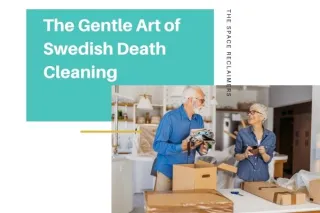
Embracing Clutter: New Perspective For Busy Women
Gone are the days when clutter was merely stuff; today, it's a reflection of our ever-evolving lifestyles and the emotions intertwined within. ...more
Female Entrepreneurs ,Clutter &busy mom
April 02, 2024•2 min read
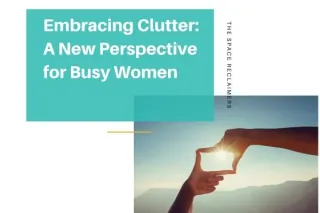
Creating Time for Decluttering: 6 Practical Tips to Simplify Your Life
“clutter is not just the stuff on your floor. It is anything that stands in the way of you living your life" Peter Walsh In this blog, I'll share six actionable strategies to help you carve out time ... ...more
Female Entrepreneurs ,Clutter
March 25, 2024•3 min read
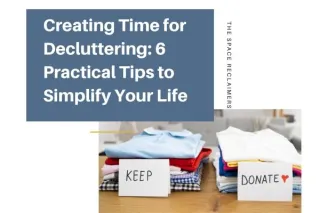
Want some flow in your life?
Ever thought what exactly does "flow" mean in your life and home and how the heck do you get it?? I'll explain what it is and why it's so good for your health, productivity and bring stress levels dow... ...more
Clutter
March 21, 2024•2 min read

Crushing Those Tough Days
Are you struggling with decluttering? In this blog, I discuss managing tasks, controlling overwhelming feelings, and understanding the connection between your brain and clutter. Discover what approach... ...more
Female Entrepreneurs ,Clutter
June 06, 2023•3 min read
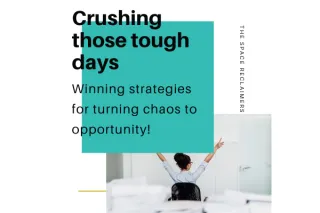
Decode Your Clutter
Discover the root causes of clutter and unlock personalized solutions. Decode Your Clutter offers insights, strategies, and a supportive community for a clutter-free lifestyle. Join us on the journey ... ...more
Clutter
June 04, 2023•4 min read

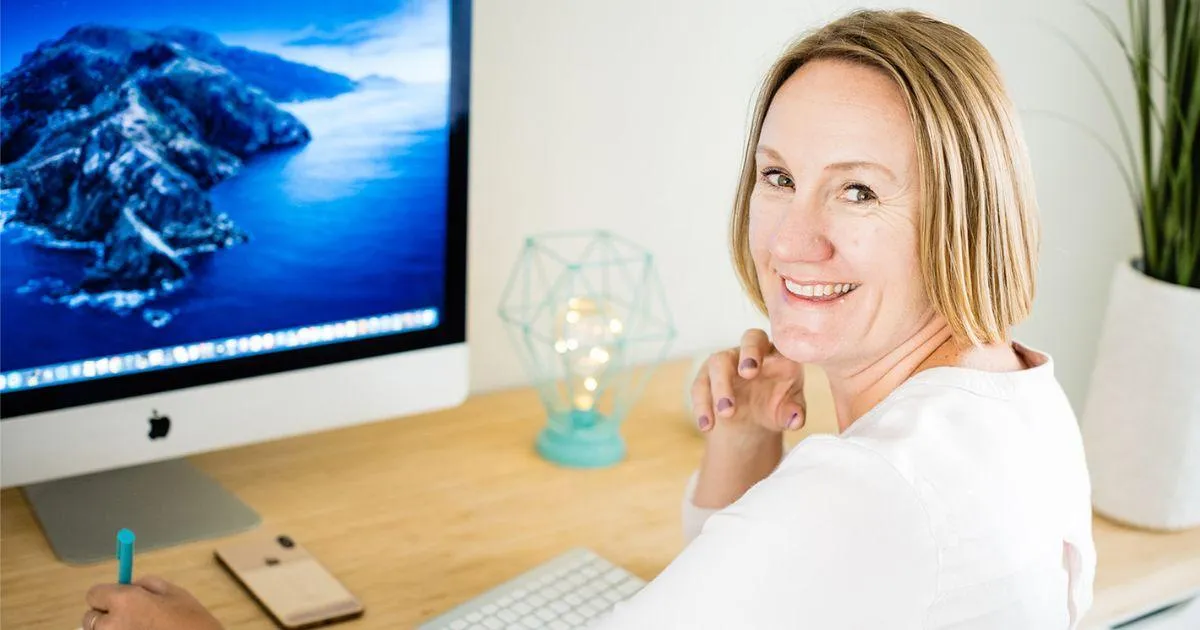
Hi! I'm Louise Hopkin
So happy you stopped by! I know your time is precious and thank you for stopping by!
I created this blog to help you maximize your time, and flow in your home and to allow for creativity, productivity and abundance!
Come join my FREE Facebook group Clutter-free Cafe with Louise...
The group is for those who want to have the weight and anxiety of clutter lifted and crave organization and calm in their home and lives.
© Copyright 2024 The Space Reclaimers.